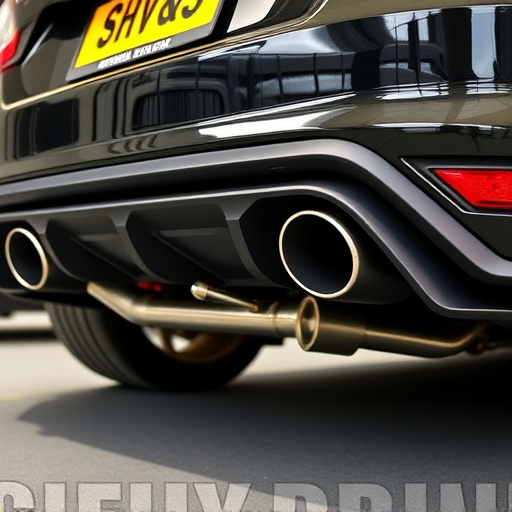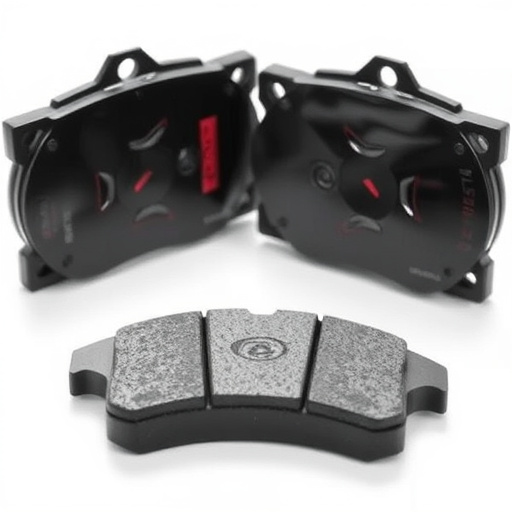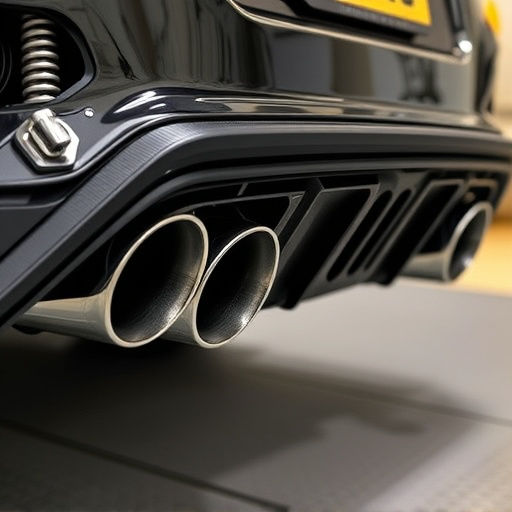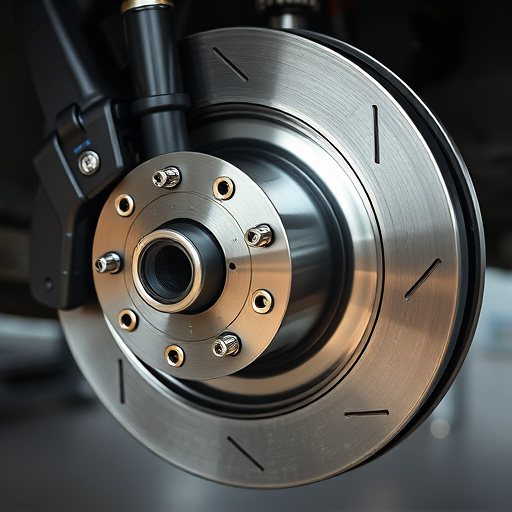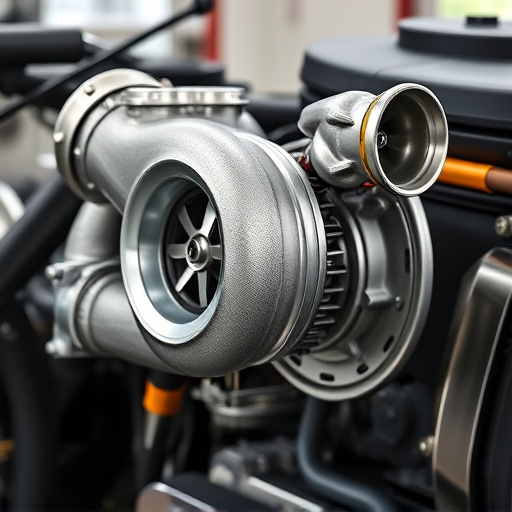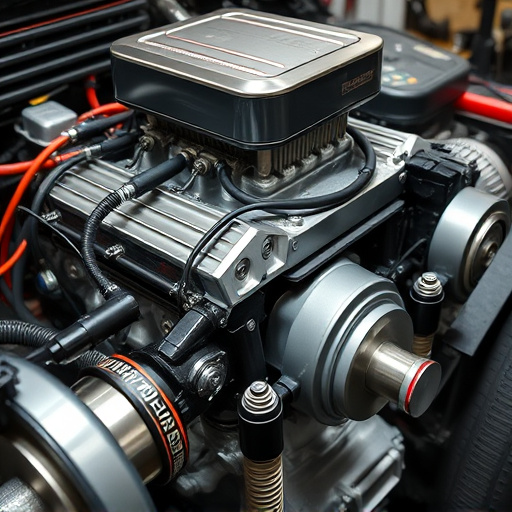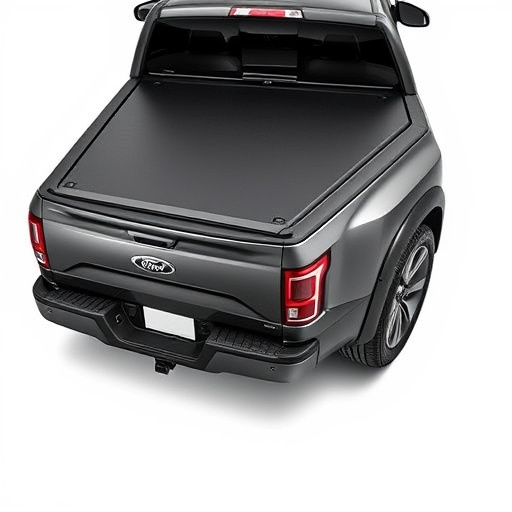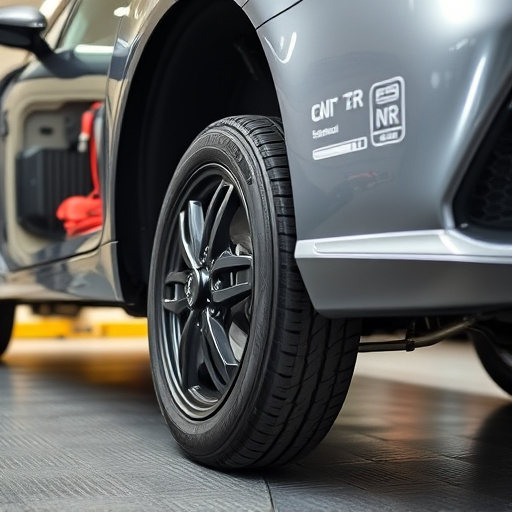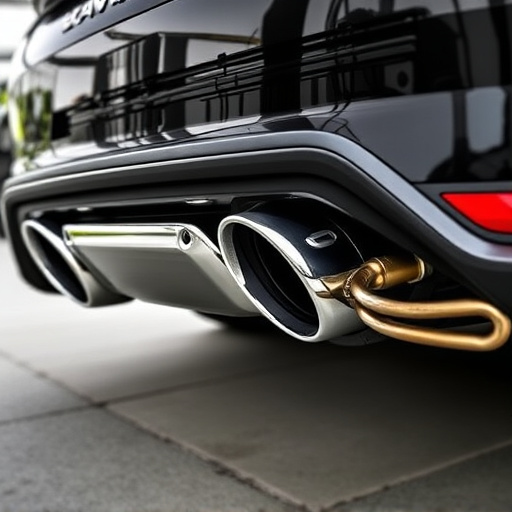Auto air filters are essential for engine health, capturing dirt and debris while affecting airflow. Types include MAF sensors (fuel injection optimization), paper (initial protection), and high-flow/synthetic (enhanced airflow, popular with car enthusiasts). Proper selection based on vehicle make, model, quality material, and advanced technologies ensures optimal performance, fuel efficiency, and longevity; regular replacement is crucial for engine health and cost savings.
Choosing the right auto air filter is essential for maintaining your vehicle’s performance and efficiency. This guide will help you navigate the process by breaking down the types and functions of auto air filters and highlighting critical factors to consider. We’ll also provide tips on maintenance and effective replacement strategies. By understanding these aspects, you can ensure a smoother ride and improve your car’s overall health, keeping harmful pollutants at bay.
- Understanding Auto Air Filters: Types and Functions
- Factors to Consider When Choosing an Air Filter
- Maintaining and Replacing Your Auto Air Filter Effectively
Understanding Auto Air Filters: Types and Functions

Auto air filters are an essential component of your vehicle’s suspension system, playing a crucial role in maintaining optimal engine performance and overall vehicle health. They act as the first line of defense against dirt, dust, debris, and other contaminants that can infiltrate the engine through the airflow system. Understanding the different types of auto air filters and their functions is key to making an informed decision when choosing the right one for your needs.
There are primarily three types: mass air flow (MAF) sensors, paper filters, and high-flow or synthetic filters. MAF sensors measure the amount of air entering the engine, providing precise data for optimal fuel injection; however, they require replacement less frequently compared to other types. Paper filters, commonly found in older vehicles, offer good initial protection but can restrict airflow, impacting performance. High-flow or synthetic filters are designed for improved airflow and efficient debris capture, often preferred by car enthusiasts looking to enhance engine performance, especially with a performance exhaust system, while also protecting brake rotors from abrasive particles.
Factors to Consider When Choosing an Air Filter

When selecting an auto air filter, several key factors come into play to ensure optimal performance and longevity for your vehicle’s engine. First and foremost, consider the specific make and model of your car or truck, as different vehicles have unique requirements in terms of size, shape, and compatibility with existing systems like cat back exhausts, muffler tips, or air intake systems. Ignoring these details may lead to improper fitment and potential damage to your vehicle’s components.
Additionally, the quality and material of the filter itself are paramount. Look for high-quality materials like cotton gauze, paper, or synthetic media that ensure efficient debris capture without restricting airflow. High-performance filters often incorporate advanced technologies, such as oiled or washable designs, which can significantly extend their lifespan and reduce maintenance costs compared to disposable options. These factors collectively contribute to enhanced engine protection, improved fuel efficiency, and better overall vehicle performance.
Maintaining and Replacing Your Auto Air Filter Effectively

Maintaining and replacing your vehicle’s air filter is an essential part of keeping your engine healthy and optimizing its performance. Over time, the auto air filter can become clogged with dirt, dust, and other debris, restricting airflow and reducing engine efficiency. Regularly checking your air filter and replacing it when needed ensures optimal fuel combustion, enhances engine power, and contributes to better overall vehicle performance.
To effectively manage this process, many car owners opt for high-performance parts, such as coilover kits or muffler tips, which can facilitate easier access to the air filter. By keeping an eye on your auto air filters and incorporating them into your regular maintenance routine, you’re not just saving money on potential repairs; you’re also ensuring a smoother, more enjoyable driving experience.
Choosing the right auto air filter is essential for maintaining your vehicle’s performance, ensuring optimal fuel efficiency, and enhancing your driving experience. By understanding the types and functions of air filters, considering key factors like climate, driving conditions, and vehicle age, and implementing effective maintenance practices, you can make an informed decision. Regularly inspect and replace your auto air filter to keep your engine running smoothly and efficiently, contributing to both vehicle longevity and improved driving comfort.

